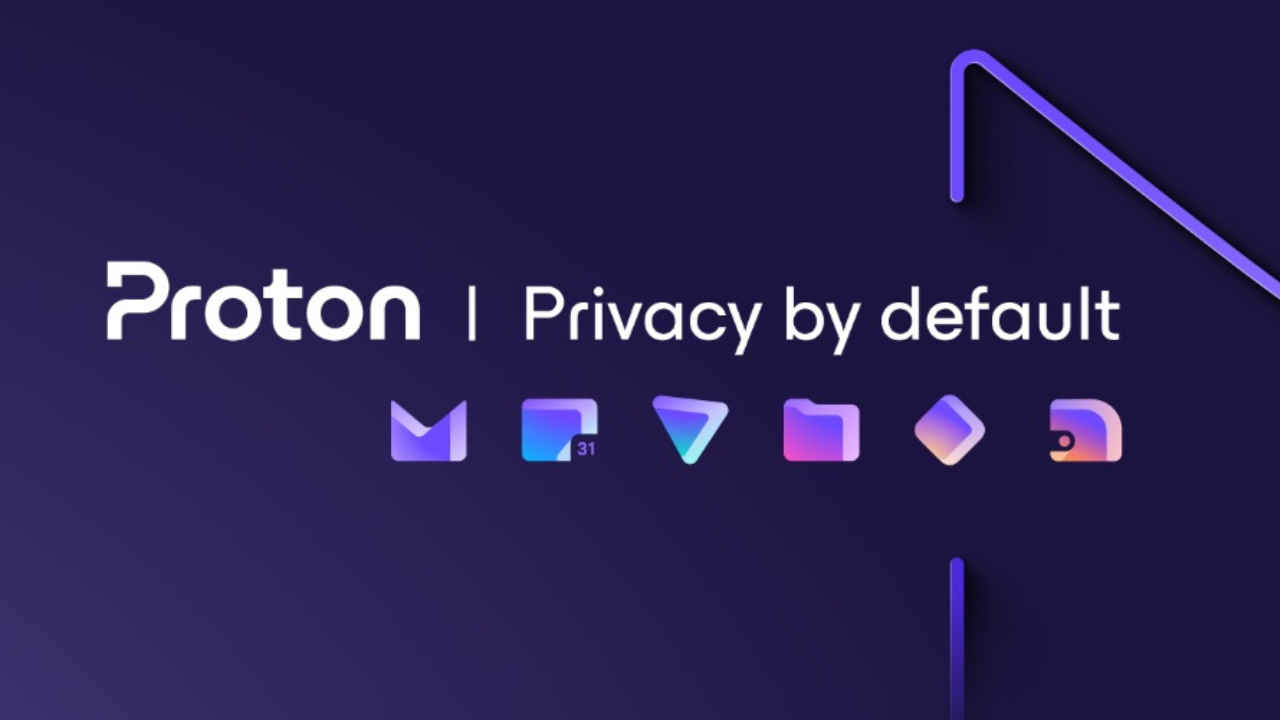Karnataka HC orders government to block Proton Mail in India, here’s why
Proton Mail is accused of enabling anonymous harassment and AI-generated deepfake abuse.
Hoax bomb threats traced to Proton Mail triggered national security concerns.
The service remains blocked in India pending further legal proceedings.

The Karnataka High Court has ordered the Indian government to begin the process of blocking access to the Switzerland-based encrypted email service Proton Mail. This decision follows serious abuse allegations, including threats to public safety and targeted harassment. While hearing a petition on Tuesday, Justice M Nagaprasanna ordered that the offending URLs associated with Proton Mail be blocked immediately, pending the outcome of further legal proceedings initiated by the government. Here is why.
 Survey
SurveyWhy Proton Mail is under scrutiny
M Moser Design Associates India Pvt Ltd, a Bengaluru-based interior design firm, filed the lawsuit, claiming that several of its female employees were repeatedly subjected to disturbing and explicit emails sent via Proton Mail. The staff received messages containing obscene language, AI-generated deepfake images, and sexually explicit content with the intent to harass and humiliate them.
According to the reports, the emails were widely distributed, reaching not only employees but also clients, vendors, and competitors, causing reputational damage and having an impact on mental health.
According to the petitioner, Proton Mail allows users to select India as their server location during sign-up, which could mislead users into thinking the company operates within Indian jurisdiction, complicating legal recourse.
Security Concerns and Hoax Threats
The demand for a ban on Proton Mail began last year, when a series of hoax bomb threats were sent to several Chennai schools. Because of the end-to-end encryption of Proton Mail and its operation under Swiss jurisdiction, Indian authorities were unable to trace the origin of these emails. Tamil Nadu police subsequently requested that the government block the service under Section 69A of the Information Technology Act, citing national security and public order concerns.
Also read: Samsung Galaxy S25 Edge camera, battery, launch date, price and all other leaks
For the unfamiliar, Proton Mail distinguishes itself from traditional email services by providing encrypted communication in which neither the service provider nor third parties can access message content, making it nearly impossible to monitor or trace malicious activity.
Following the High Court’s directive, it is now up to the Union Government to act in accordance with relevant Indian law provisions. URLs associated with Proton Mail will remain blocked in India until a final decision is made.
Ashish Singh
Ashish Singh is the Chief Copy Editor at Digit. He's been wrangling tech jargon since 2020 (Times Internet, Jagran English '22). When not policing commas, he's likely fueling his gadget habit with coffee, strategising his next virtual race, or plotting a road trip to test the latest in-car tech. He speaks fluent Geek. View Full Profile